The Electric Hundred Forum is turning into a large-scale advertising venue
![]() 03/31 2025
03/31 2025
![]() 647
647
I hope to hear more valuable speeches at such high-level forums.
The past three days saw the smooth convening of the 2025 China Electric Vehicle Hundred Forum in Beijing.
As a highly influential high-level forum in the global new energy vehicle sector, this conference focused on the theme of "Consolidating Electrification, Promoting Intelligence, and Achieving High-Quality Development", gathering over a hundred representatives from the government, industry, academia, and research circles to engage in in-depth dialogue around core topics such as industry transformation pathways, technological breakthrough directions, and solutions to the "involution" dilemma.
From the perspective of experts, scholars, and the government, they basically criticized the current automotive industry landscape and offered forward-looking insights. The general message was, "In the midst of great change, opportunities and adjustments coexist, and everyone is encouraged to be positive and proactive."
When it came to corporate representatives' speeches, the entire forum began to stray off course, transforming into a large-scale corporate presentation. The forum provided the stage, and the corporations took center stage.
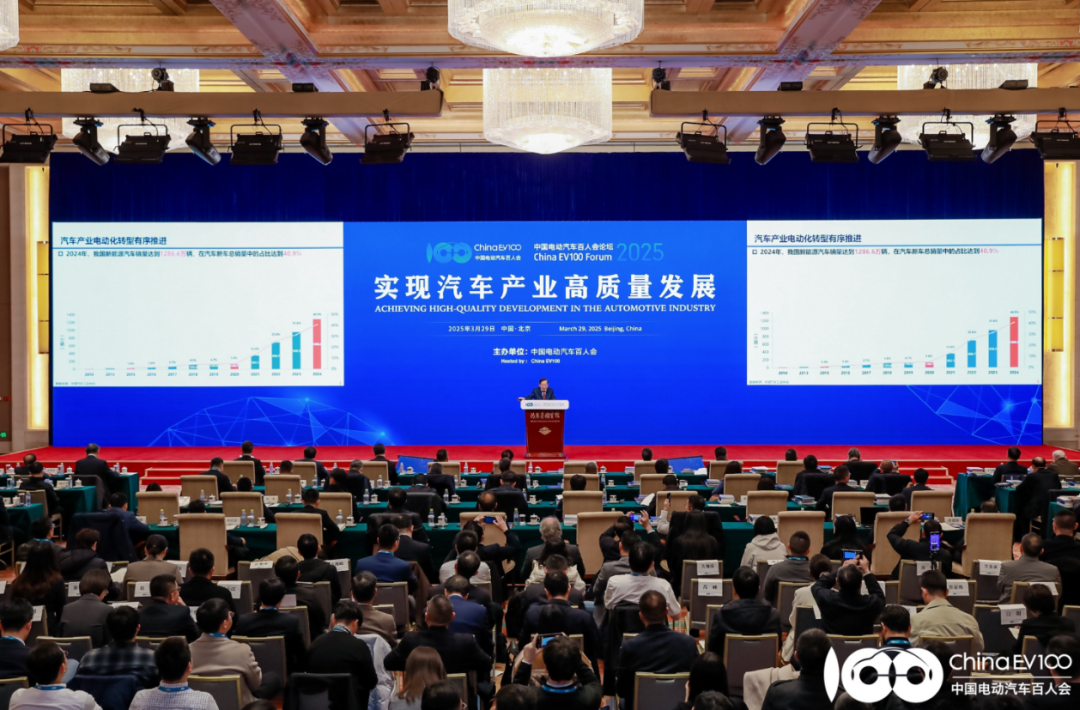
"Compared to our current peers in the first tier of intelligent driving, we did indeed enter the field of intelligent driving slightly later," said An Conghui, CEO of ZEEKR Group, in an interview after the press conference. "This is the first step on a long march. The next step will be to accelerate iteration, not only to enter the first tier but also to become a leading intelligent driving brand and company within that tier."
From catching up to surging ahead, ZEEKR's intelligent driving capabilities, once criticized by the outside world, have finally ushered in their own moment of rapid growth.
At last year's forum, Yu Chengdong's speech from Huawei was quite impactful. The title of Yu Chengdong's presentation was: "Building Core Technologies for Smart Car Solutions to Boost the Development of China's New Energy Vehicle Industry"
However, in just 20 minutes, he covered three main points: first, promoting Huawei's intelligent capabilities and debunking rumors about the production capacity of the AITO Asker M7. Second, the upcoming launch of a luxury car priced at one million yuan in 2025 and Huawei's Intelligent Automotive Solutions BU turning a profit.
This year, Yu Chengdong was originally scheduled to attend, but for unknown reasons, whether due to scheduling or otherwise, he was replaced by Hou Jinlong, Director of the Huawei Board and President of Huawei Digital Energy.
Yu Chengdong's absence made the forum slightly less spicy, but Lei Jun, making his debut, became the main course.
The Electric Hundred Forum is a place where seniority is highly valued, and the order of speeches is extremely cautious. In March of last year, Xiaomi's SU7 had just been released and had not yet been tested by the market or recognized by the industry, so Xiaomi did not yet have the opportunity to speak at Diaoyutai State Guesthouse.
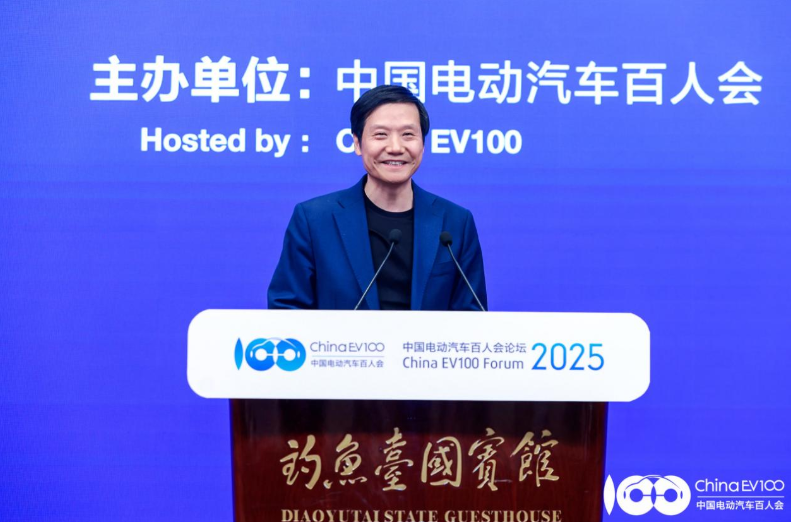
But a year later, Xiaomi's explosive popularity made Lei Jun the protagonist of the conference. Although his speech was scheduled relatively late, many guests who spoke before him mentioned him.
Deng Chenghao, Vice President of Changan Automobile and CEO of Deep Blue Automobile, said that traffic is becoming increasingly important for automotive companies, and Xiaomi Automobile leads the industry in popularity. "The last time we trended on social media was like celebrating the New Year, but Lei Jun basically celebrates every day, sometimes multiple times a day."
Yin Tongyue, Chairman of Chery Holding Group, said, "Sitting next to Lei Jun made me feel like his 'oldest fan.'"
Miao Qin, Vice President of JD.com, said that recently, a Xiaomi SU7 Ultra owner listed their nearly new car for auction on the platform with a starting bid of 1 yuan. After more than 50 rounds of bidding, it finally sold for a price higher than the new car's guidance price, setting a record for premium transactions in used electric vehicles. He also said that even JD.com's internal employees and executives had to queue up to purchase the Xiaomi SU7 and called on Lei Jun to expand factory capacity as soon as possible.
During the exhibition vehicle visit, Wan Gang, President of the China Association for Science and Technology, expressed his sentiments in front of the Xiaomi SU7 Ultra: "This is a model that has completed its annual sales with just one press conference."
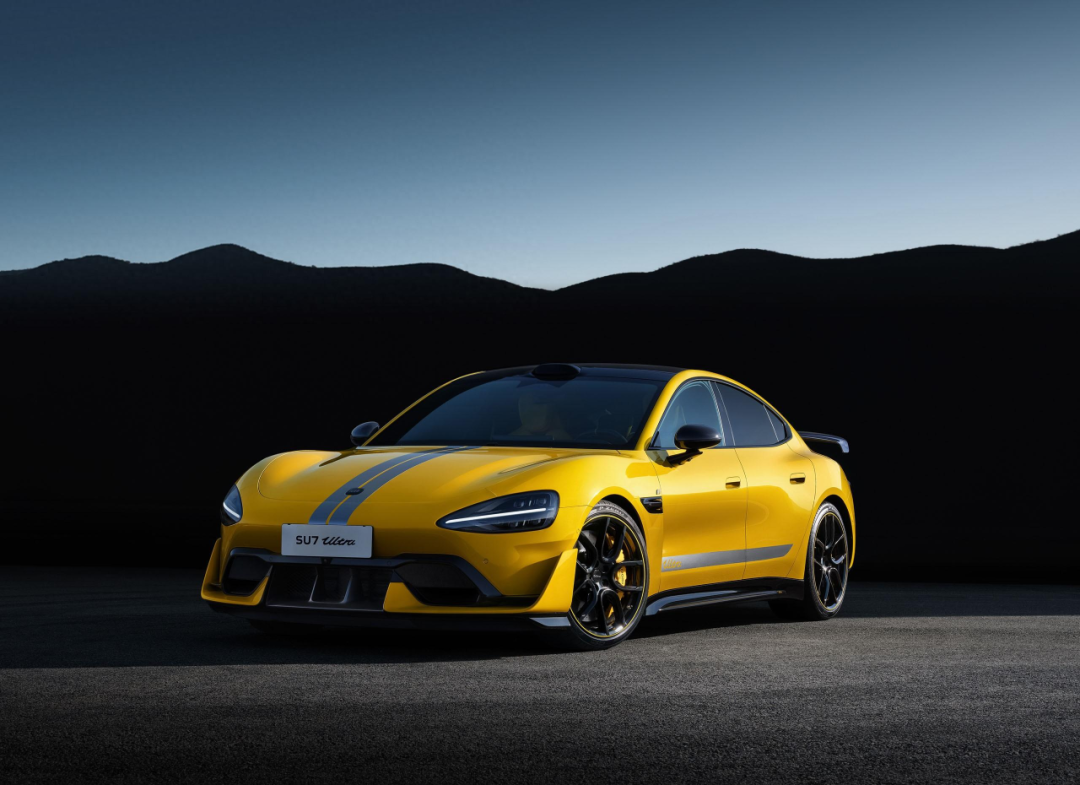
Making his debut at the forum, Lei Jun appeared somewhat reserved and modest, merely thanking users and briefly introducing Xiaomi's situation. He finished his speech before the allotted time, leaving the audience wanting more.
In contrast, Li Bin of NIO appeared much more diligent, and he truly wanted to be the "hardest-working person of 2025."
Just before Lei Jun took the stage, Li Bin, like a child who had made a mistake, self-criticized in front of many founders present. "In terms of management and operations, NIO has paid a lot of 'tuition fees' in the past and wasted some funds. Currently, the company is continuously optimizing management processes and improving operational efficiency."
But then he shifted gears, emphasizing where more money was being spent and introducing in detail NIO's full-stack R&D layout in 12 future areas of smart electric vehicles, including high-order intelligent driving chips, vehicle-wide operating systems, intelligent chassis, and by-wire steering.
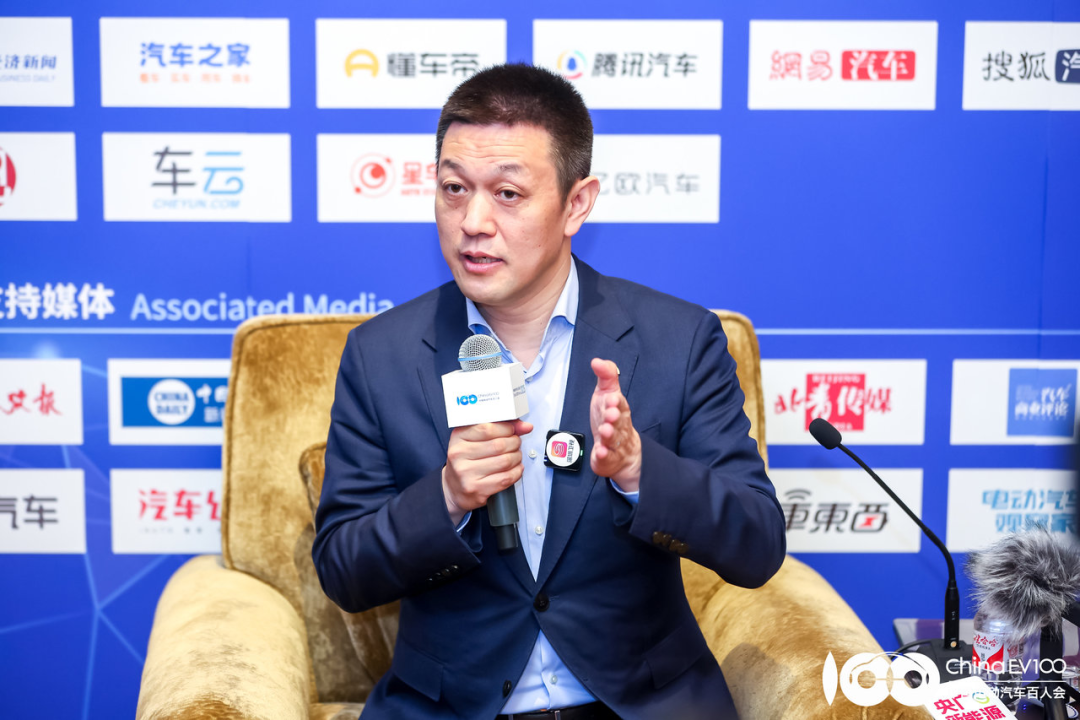
He also talked about the achievements of the energy replenishment system, saying, "We have basically built a nationwide battery swapping network, including 3,206 battery swapping stations, of which 972 are located on highways, providing nearly 70 million battery swapping services and over 25 million charging services, with 80% of users being non-NIO owners."
Even so, Li Bin felt like he didn't have enough time.
In addition to the conference, Li Bin also accepted a 30-minute media interview and was the only executive from a new-energy vehicle startup to do so. Regarding financial reports, financing, self-developed chips, and more, Li Bin had too much he wanted to convey to the outside world.
After the interview, Li Bin personally introduced NIO's new-generation battery swapping and energy storage facilities and the ET9 to Wan Gang, Chen Qingtai, Miao Wei, and Ouyang Minggao. He also took a promotional video of the ET9 with Wang Chuanfu, the founder of BYD, ending the video with the phrase "Let's Charge Together," which he had thumbed up with Yu Chengdong at the recent WeChat Business Conference.
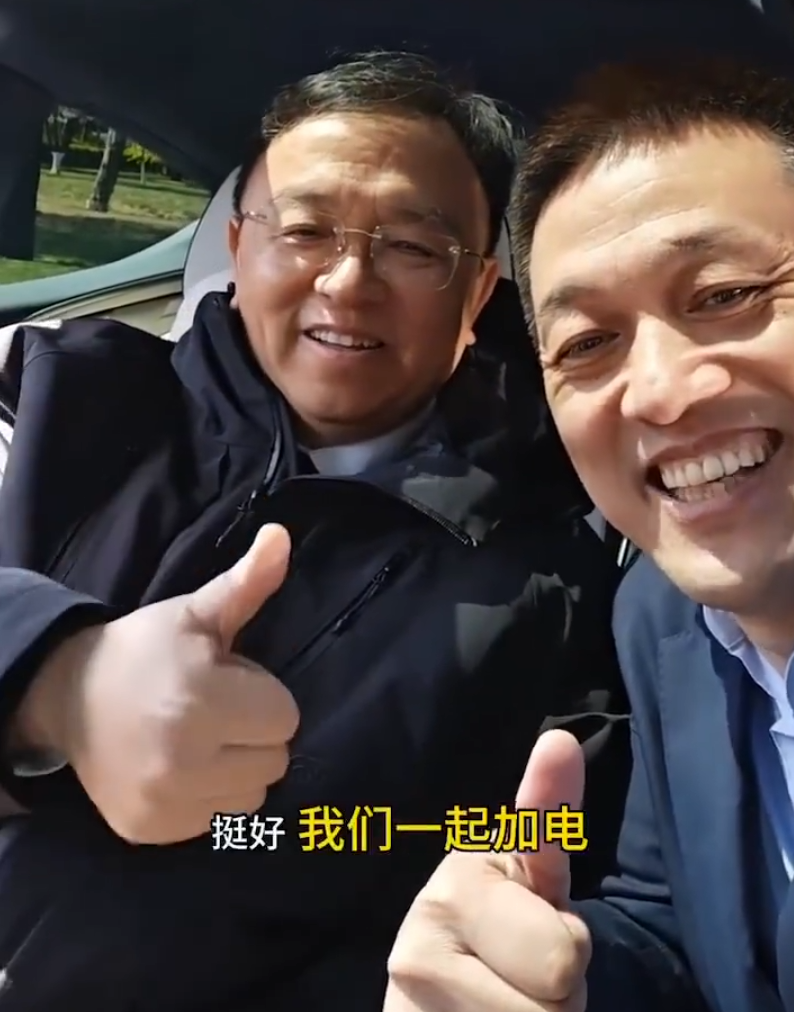
Li Bin knows that under the current difficulties, he will not miss any opportunity to speak up for NIO. For Li Xiang, however, this is merely a forum; after all, his main stage is Weibo.
During his segment, Li Xiang unveiled the self-developed Xinghuan OS system for the first time, announced the open-sourcing of the intelligent vehicle control OS, intelligent driving OS, and communication middleware, and emphasized that "we will not intervene in third-party ecosystems." He also proposed that in the future, they will deploy three types of robots: L4 autonomous driving space robots, robots that enhance human capabilities, and humanoid robots, laying the groundwork for Ideal to expand into new business lines.
In reality, there is a lot Li Xiang could have talked about, but he almost entirely used the opportunity to promote the Xinghuan OS system, which was just announced as open-source a few days ago.
He Xiaopeng, as always, emphasized flying cars, as if XPeng's business solely serves the flying car, just as Musk's ultimate goal in building Tesla is to send humans to Mars.
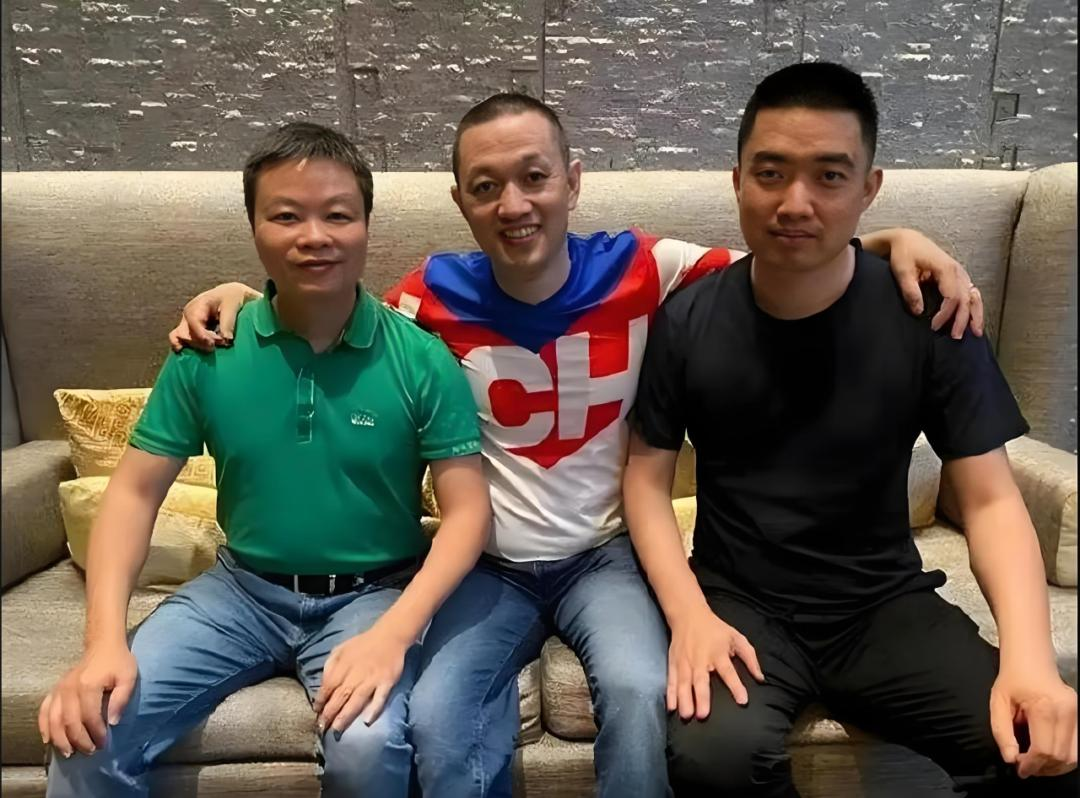
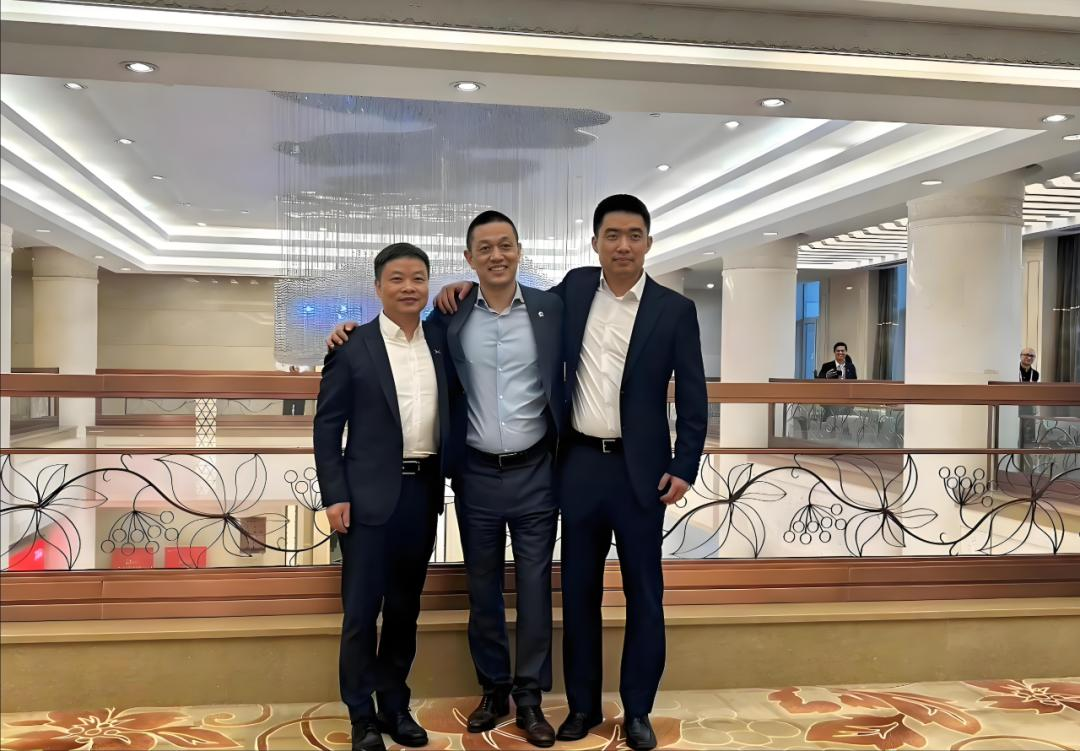
"I am very optimistic about the development prospects of the global flying car, or low-altitude flight market, in the next 10 to 20 years. From a sales volume perspective, this market is expected to reach about 3% to 5% of the current automotive market size; if analyzed from the perspective of sales revenue, I believe it will approach 20%. The global automotive market is worth nearly 10 trillion dollars annually, and by extension, the flying car market could reach 2 trillion dollars in the next 20 years, undoubtedly a market with huge potential."
The Electric Hundred Forum is one of the few places where the three can take a group photo, especially now that opportunities to meet are becoming increasingly rare and their situations are becoming increasingly different.
From the three of them sitting together with their arms around each other's shoulders, to standing side by side with their arms around each other, to now merely standing together with their thumbs up under the backdrop after the meeting.
Beneath their forced smiles, they have long since grown apart.
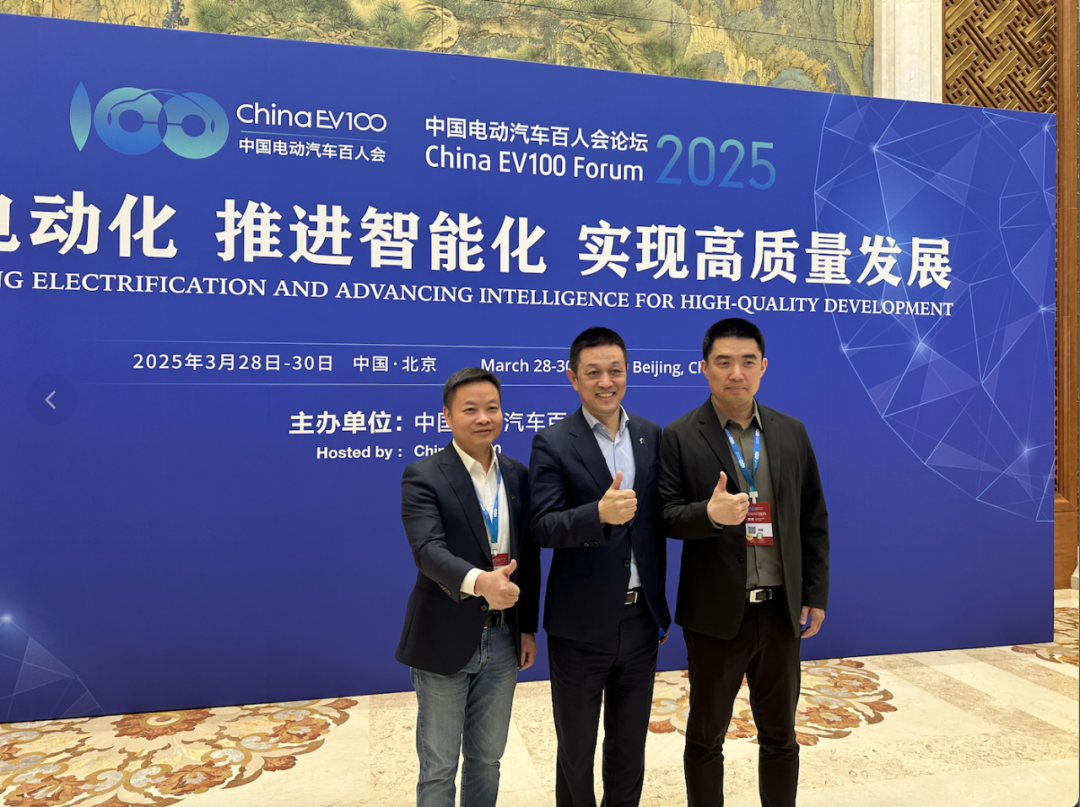
In front of traditional automakers, this high-level forum is merely an adaptation to the current communication rhythm.
"I will talk about what the company is currently promoting."
Since the beginning of the year, BYD has shown a trend of technological explosion, from intelligent driving for all to the super e-platform and then to "four electrics." Chairman Wang Chuanfu directly stated, "China's new energy vehicles, whether in terms of technological products or the industrial chain, are about 3 to 5 years ahead of the global market. We should seize this window of opportunity."
Directly or indirectly, this implies that China's automotive leadership is synonymous with BYD's leadership. This year, BYD is determined to play the technology card, but whether it can capture the minds of users remains to be seen by consumers.
Chery has been quietly making a fortune in the global market, and no matter the occasion or the topic, it opens and closes with "globalization." It seems that globalization is the only card Chery has to play.
Yin Tongyue, Secretary of the Party Committee and Chairman of Chery Holding Group, said, "The waves of electrification, intelligence, and AI are pushing the competition in the global automotive industry into deep waters. From vehicle exports in the past to overseas R&D and manufacturing, Chery is truly integrating into the global environment and deeply collaborating with global peers."
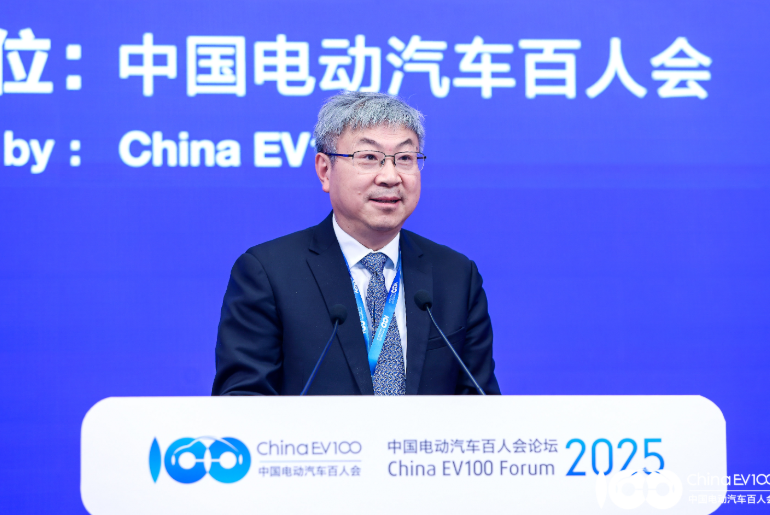
In the context of intelligent driving for all, Geely's vast and boundless journey has highlighted the label of safety. With a big push on safety, at this year's forum, Gan Jiayue, CEO of Geely Automobile Group, also focused on safety to support the company's marketing efforts.
"The global automotive industry is currently undergoing profound changes in electrification and intelligence. Intelligence is the main direction for the future development of the automotive industry, and AI artificial intelligence is a powerful driving force for intelligence. He emphasized that automotive intelligence without safety guarantees is like a castle in the air, as safety concerns human life and social public interests. Only by building a solid technical foundation can we create a safer and more intelligent travel experience for users and effectively promote the high-quality development of China's automotive industry."
The starting point is electrification and intelligence, the landing point is safety, and the focus is on Geely's safety.
Besides, battery makers talked about the advancements of their batteries, chipmakers discussed the cost-effectiveness of their chips, and what should have been a good industry exchange gradually took on a somewhat self-promotional tone.
In contrast, the speeches of several international guests appeared much more sincere.
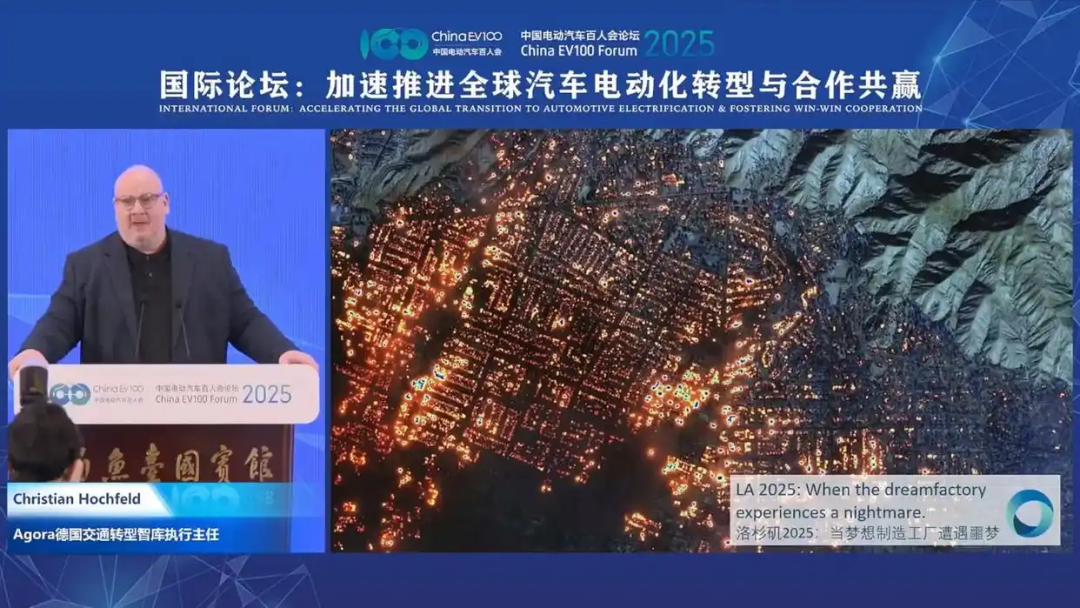
Christian Hochfeld, Executive Director of the German Transportation Transformation Think Tank, said, "The Los Angeles wildfires were undoubtedly a nightmare and possibly the most costly climate disaster globally. The damage caused amounted to 225 billion dollars, and all the progress made in low-carbon transitions over the past 20 years may have been burned down in just a few weeks of wildfires."
Katrin Luger, Chief of the Transport Section at the United Nations Economic and Social Commission for Asia and the Pacific (ESCAP), said, "We hope to see a shift towards public transportation. If we want to limit the global temperature rise to within 2 degrees Celsius by 2030, at least 20% of road vehicles globally must be electrified." Luger also mentioned that this year, about half of new car sales in China are electric vehicles, which is a stunning development. "China is the only country in the world that has achieved this state, and it deserves to be learned from by other countries."
While sincere, the international guests' thinking still lingers on old topics of low-carbon environmental protection and has apparently not kept up with China's pace.
After all, the second half of China's electrification is nearing its conclusion, and the next phase is about to begin.
To sum up, I still hope to hear more valuable speeches at such high-level forums.







